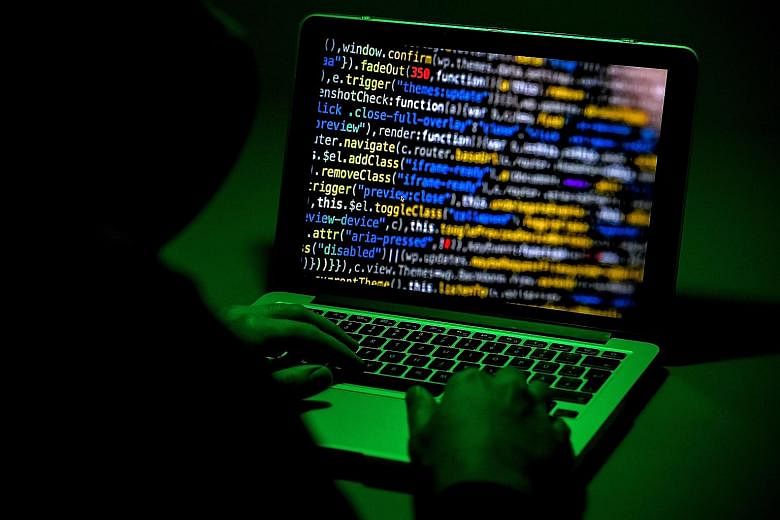The US$100 million (S$135 million) lawsuit that Mondelez, the maker of Oreo and Cadbury chocolate, has brought against Zurich Insurance Group shows that governments should be more careful about identifying the would-be culprits in putative cyberwars: Such claims can have unintended consequences and can sometimes harm businesses.
In June 2017, a malware program dubbed ExPetr or NotPetya wreaked havoc at Danish shipping giant Maersk, US pharmaceutical titan Merck and a number of other big corporations, including Mondelez. NotPetya used an exploit known as EternalBlue, created by the United States National Security Agency and leaked earlier in 2017.
Already a subscriber? Log in
Read the full story and more at $9.90/month
Get exclusive reports and insights with more than 500 subscriber-only articles every month
ST One Digital
$9.90/month
No contract
ST app access on 1 mobile device
Unlock these benefits
All subscriber-only content on ST app and straitstimes.com
Easy access any time via ST app on 1 mobile device
E-paper with 2-week archive so you won't miss out on content that matters to you

